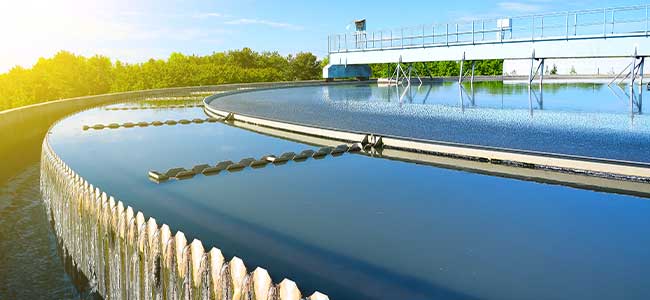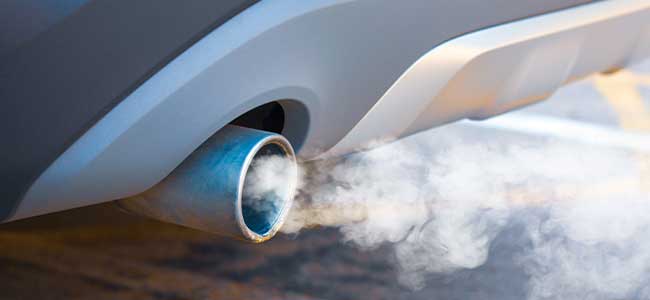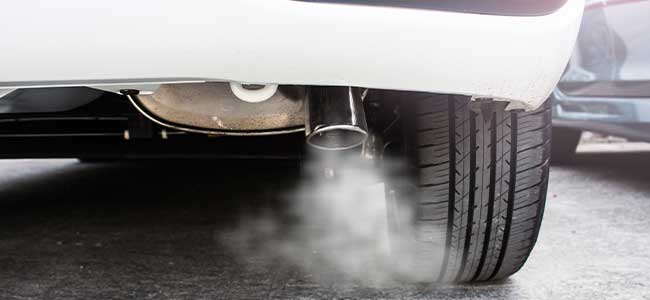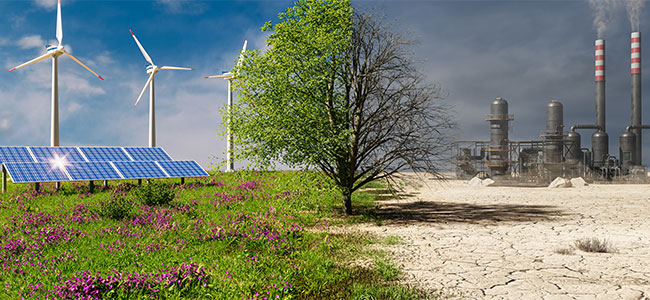
Ultra-low sulfur diesel (ULSD) significantly reduces emissions and environmental impact by lowering sulfur content and enabling advanced emission control technologies.

Compostable materials offer a sustainable alternative to traditional plastics, helping to reduce waste, enhance soil health and support a circular economy.

The survey aims to guide policymakers and local officials in planning and prioritizing investment in water infrastructure.

The new rule provides easier access and clarity for annual drinking water reports.

EPA announces $9 million in grants for tribes and territories to reduce diesel emissions, aiming to improve public health and support local economies.

The program aims to revolutionize energy efficiency in residential buildings.

The document addresses climate change threats as a primary infrastructure concern.

The hazardous chemical has been known to cause various forms of cancer, neurotoxicity and liver damage.

The Clean Heavy-Duty Vehicles Grant Program supports efforts to replace vehicles with zero-emiession alternatives.

The agency ended Earth Week with a spotlight on its efforts to combat plastic pollution.

The 2022 inventory includes emissions from seven key greenhouse gases.

The Biden administration has allocated an extra $1 billion to aid in PFAS detection and treatment.

The climate change conversation has shifted from prevention to mitigation and adaptation, focusing on the feasibility of strategies and expert opinions on reversing the worsening crisis amidst rising temperatures and more frequent extreme weather events.

The initial grant is part of the National Dislocated Worker Grant program and could extend to as much as $25 million overall.

Companies verified by third-party auditors reported a 7.5 percent annual drop in emissions.

The event, previously known as the AHMP Annual Conference, takes place in Crown Center, Missouri on July 14-17, 2024.

The total support for the cleanup and recovery effort has now reached nearly $6 million.

The new platform focuses on streamlining project management for environment professionals.

The move aligns with President Biden’s ongoing Cancer Moonshot initiative.

The EPA was instrumental in launching the Global Methane Initiative in 2004.